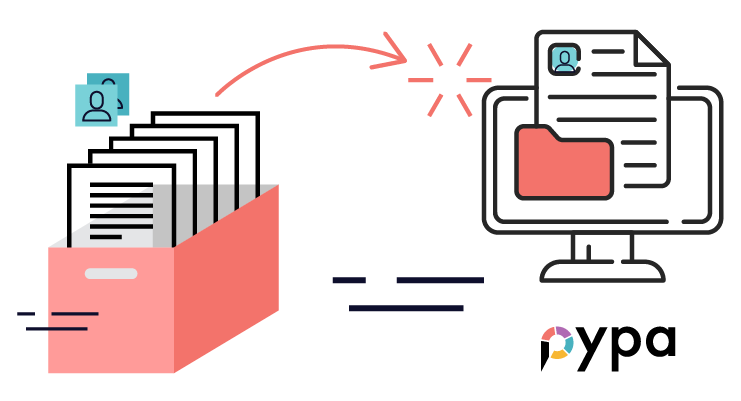
Search Engine Optimization (SEO) and other website optimization techniques can help you hire top talent and save you money on recruitment. Apply principles of website optimization, like onpage SEO and improving your site structure, to your website and career pages and you will quickly attract more candidates.
There’s two main reasons why SEO is so important for hiring. Firstly, the reason SEO is important in general—many job seekers will be using Google to look for jobs and, as with everything on Google, they are more likely to click on the top results—or at least results on the first page of the Search Engine Results Pages (SERPs).
Secondly, SEO means that job seekers can find your career pages more easily, and they’re more likely to apply for jobs at your company without you spending a lot of money on costly job listings or ads.
Optimizing your website for hiring is very similar to optimizing your website for sales. Let’s take a look at what you need to do:
Optimizing your career pages is the main way to make sure your jobs rank well in the SERPs:
Firstly, it may seem obvious, but if you don’t already have a career page on your website, you should get one. You need something to show up in searches when potential candidates search “Your Company Jobs”.
A dedicated career page, as opposed to just a list of open positions, is also great for linking to other career related content on your site, such as job-related articles on your blog or a FAQ about what it’s like to work at your company.
Your career pages need to have great on-page SEO to rank well. This means:
Top notch technical SEO on your career pages is just as important as good on-page SEO. But what is technical SEO and how do you use it?
Your recruitment SEO goes further than your career pages. Optimizing your website for hiring will help you gain more candidates:
Improving your site structure will improve your rank in the SERPs and help job seekers find you. How can you do this?
There is one site structure issue we haven’t mentioned: site speed. Visitors frequently bounce from slow sites and look elsewhere which can devastate your recruitment efforts. And speed is especially an issue on mobile devices, which 90% of job seekers are now using to search for jobs.
As with any SEO, link building is important for recruitment SEO. There are several ways you can go about this:
The new Google Careers is a cross between a job site and a search engine. It’s also a great way to make sure candidates can find you. Make sure Google Careers can find your listings by following the technical SEO tips above (i.e. making sure your career pages are indexed and have schema data attached). The only downside is that Google Careers is currently only available in the US and the UK which means it’s not very useful if you’re hiring elsewhere.
Content marketing can also be useful for hiring. Consider including articles with useful information about getting jobs in your field on your blog (and link them to any current vacancies). This is a great way to attract candidates—though make sure your blogs are useful, high-quality, content, or it might not have the effect you want.
Not all website optimization has to be SEO related. Here are non-SEO tips on how to improve your website for candidates:
Attract candidates off job sites by including useful hiring information on your website which can’t be found anywhere else. This could include:
Always make sure all of your information is up-to-date. (Updating regularly also improves your SEO performance).
As part of optimizing your website for hiring, it’s important to think about how you are branding your company. Do your career pages and website look inviting? Do they reflect your company culture and brand persona? Does your company look like a fun place to work? It’s important to consider these things when designing your website, as well as simply including information about your employer brand.
Optimizing your website for hiring is worth it, and if you follow these tips, you’ll have more candidates to choose from. From publishing hiring content to creating backlinks, SEO and other website optimization strategies can help you hire. Want to up your hiring game and save time so that you can get on with the nitty-gritty of hiring?—Register for Pypa’s ATS, Pypa Hire today!

A good recruitment process is key to hiring top talent. It may seem quite complicated to create a...

Employer branding can help improve your hiring, your employee retention and your sales. Therefore,...

Employee records are something that all businesses, whether big or small, need to keep, sometimes...